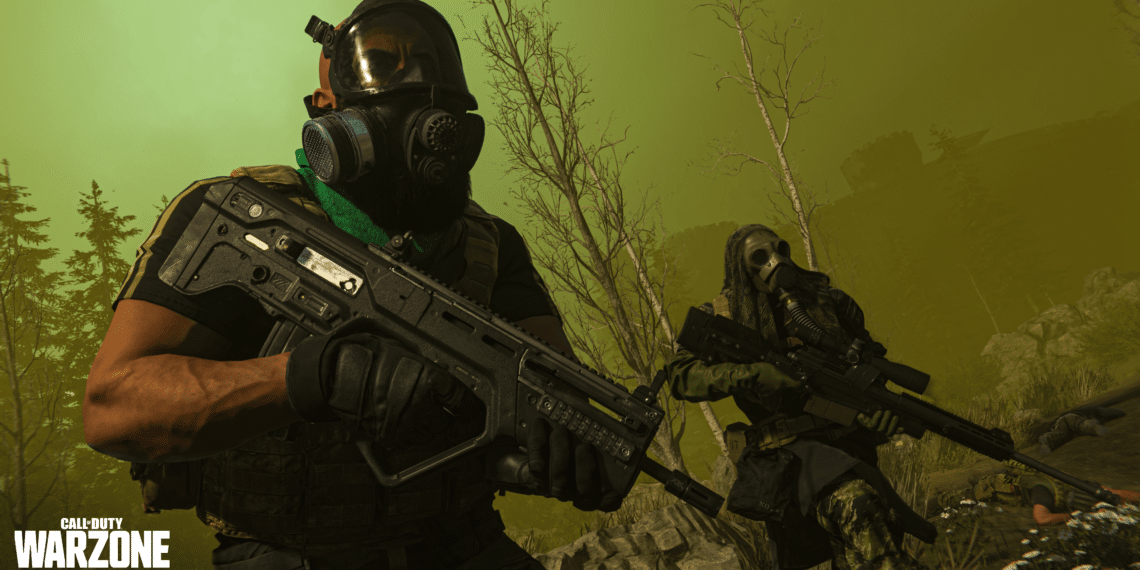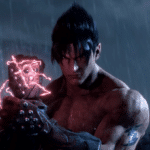In an all too familiar Call of Duty subreddit, fanatics ignite a heated debate on a seemingly unnoticed aspect: the game’s iconic cover pose. What instigated the sudden switch remains cloaked in speculation, long after its first absence.
Summary
- Fans analyzed the decision as a marketing strategy with a heavy leaning on nostalgia as pointed out by TheRed24.
- Others speculated alterations occurred due to a change of themes, highlighting an observed attempt at striking a different tone.
- This change was generally seen as inconsequential by some users, who felt it didn’t impact the game’s experience.
The Nostalgia Factor
One camp strongly believes that the cover art strategy leans into nostalgia. The notorious pose, it is argued, is a fond reminder of the original Black Ops trilogy. As discussed by ‘TheRed24’, they’re expecting the return of the pose to ‘subconsciously remind people of the trilogy’s greatness.’
Artistic Evolution
Probable artistic evolution is cited by users like GolemThe3rd. This perspective revolves around a shift in philosophy for the cover art, indicative of an attempt to break away and create a unique identity. The departure from a consistent theme is seen as intentional, signaling a lapse in tradition for aesthetic growth.
Indifference Reigns
A significant portion of users don’t seem to hold much gravity towards the cover art change. As HydeSpectre and King_Fish-23 succinctly put it ‘it doesn’t really matter that much.’ Their concerns lie elsewhere rather than in artistic details.
Whether the iconic pose makes a triumphant return or remains a thing of the past, the impact it’s left continues to echo throughout the realms of Redd- uh, the internet. The vintage pose’s status as a CoD staple is undisturbed. Its absence, however, gave birth to new fan theories and speculations. In the end, it’s clear that the Call of Duty cover pose has left a heavier imprint than what one might initially imagine.



